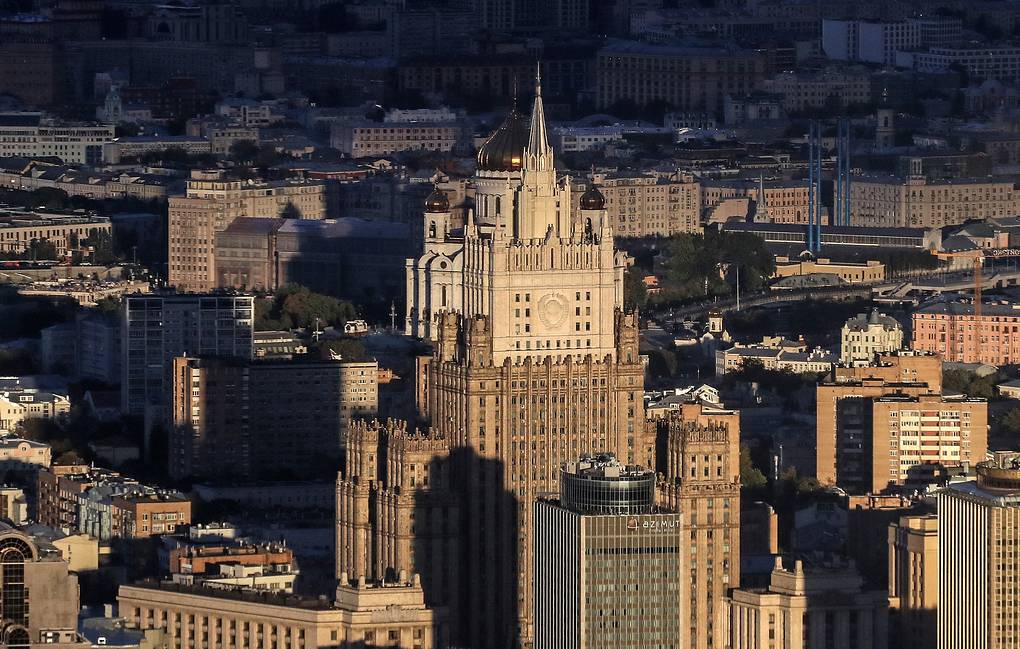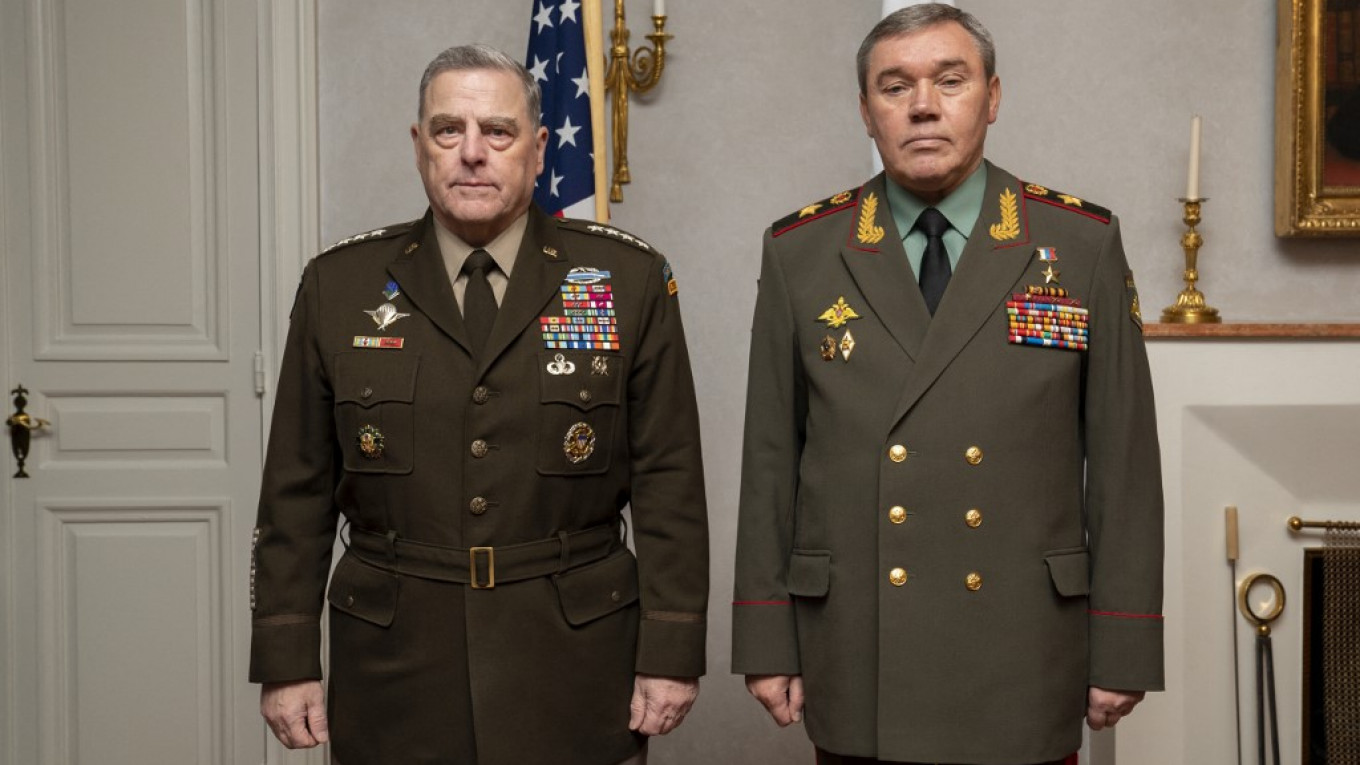As announced by John Kerry, the total amount of "non-lethal military" aid from the US to Syrian rebels will be raised from $127 to $500 million. It is not exactly clear what "non-lethal" aid actually consists of but analysts point out that it could include armoured vehicles as well as body armour and night-vision goggles. The US Secretary of State also called on other countries to increase their aid to the rebels to bring it up to $1 billion.
At the same time, Britain and France have announced that they will renew their efforts to persuade their EU allies to lift the embargo on arms sales to Syrian rebels. This became possible after Germany, regarded as the main stumbling block in the EU, has now clearly softened its stance. The way for that was undoubtedly paved by reports of "credible" evidence of chemical weapons being used in Syria. No one knows for sure whether such weapons were in fact deployed, by whom or what type of arms they might have been but the chief suspect has already been appointed; Bashar al-Assad and his regime.
The question still remains, who can guarantee that any weapons supplied to the rebels will not fall into the wrong hands. That "one or two countries" (i.e. UK and France) thought there was no risk that arms might go astray was enough for Germany's position to be relaxed; decisions made by their EU partners should be "respected".
The US went further and made the opposition Syrian National Coalition (SNC) issue a written statement in which they agreed to a string of demands, including presenting a more united front than has hitherto been seen, pledging not to use chemical weapons, renouncing "terrorism and extremism" and promising to respect minority rights.
In fact, even if the pledges can be trusted, they change little in the grand scheme of the situation in Syria. While the West is underlining that aid for the rebels is "non-lethal", there is a steady flow of lethal aid flowing in to Syria through other channels, primarily from Saudi Arabia and Qatar. It is hardly worth mentioning that those countries are America's main proxies in the Arab world and source most of their arms from the U.S..
Is is however still worth remembering the recent history of similar aid flows to other insurgents around the world; in the 1980s, the US, primarily through the CIA, provided financial and military aid to rebels fighting against Soviet troops in Afghanistan, either directly, or through various proxies, namely Pakistan, Saudi Arabia and UAE. It was at that time that Al Qaeda was created and Osama bin Laden emerged as a rebel leader. The end result need not be mentioned; the wounds of 9/11 are still acutely felt across the US along with the lasting effects of retaliation, all over the Middle East.
Later, the US eagerly supported rebels in Libya and Western commandos directly participated in ravaging the country. The results of that are also fresh in the memory; an attack on the US consulate in Benghazi and the killing of the US ambassador.
Even the latest blasts in Boston might be regarded as a product of US support for all kinds of terrorists and extremists; the Tsarnaev brothers were granted refugee status to a great extent because they were sympathetic to the idea of an "independent Chechnya".
Boris Volkhonsky, senior research fellow, Russian Institute for Strategic Studies



_jpg/250px-ElbeDay1945_(NARA_ww2-121).jpg)









